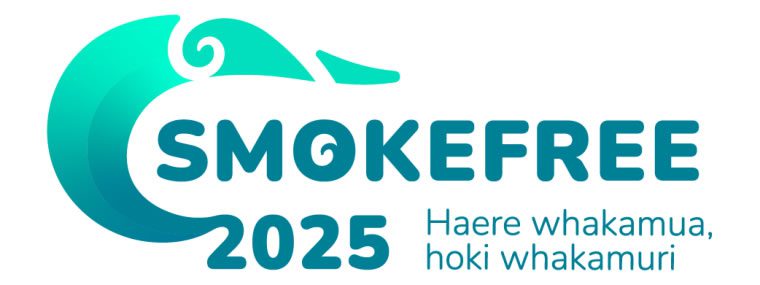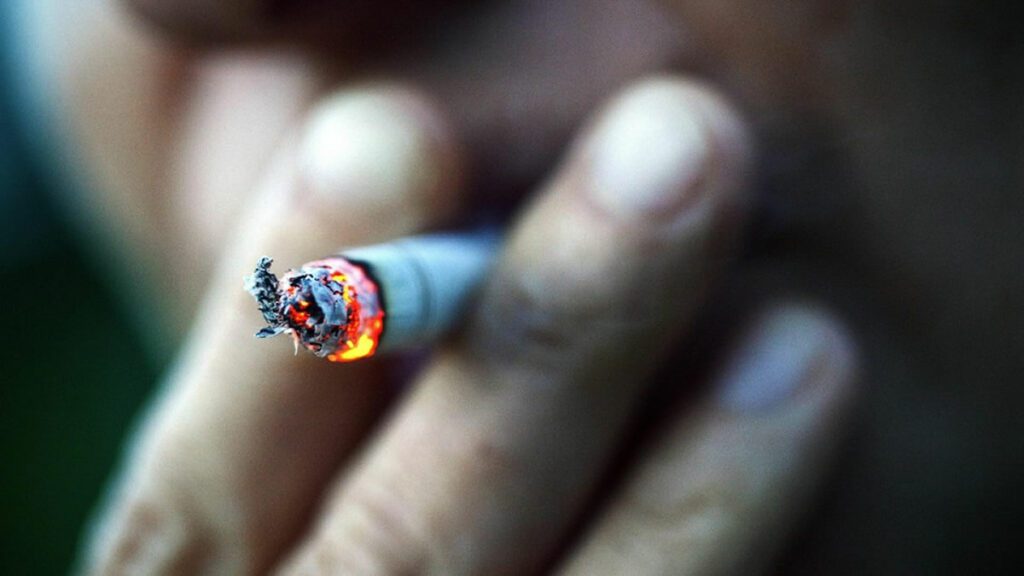The New Zealand government has announced a groundbreaking plan to ban the sale of cigarettes to future generations, as part of its ambitious goal to become virtually smoke-free by 2025. Health Minister Ayesha Verrall unveiled the proposed legislation on Thursday, which will now go before parliament for consideration.
Under the new law, anyone under the age of 14 when the legislation takes effect will never be able to legally purchase tobacco products. "We want to ensure that young people never start smoking. That's why selling or supplying smokable tobacco products to new cohorts of young people will be a criminal offence," Verrall stated.
Low Nicotine Content and Restricted Sales
The proposed legislation will also mandate that people can only buy tobacco products with very low nicotine content, and significantly fewer stores will be permitted to sell tobacco.
This is a historic day for the health of our people,
Verrall emphasized
Smoking remains the single largest cause of preventable death in New Zealand, with tobacco responsible for one in four cancers. The health impact of smoking disproportionately affects Maori communities, Pacific Islander communities, and lower-income groups.
Accelerating Progress Towards 'Smoke-Free 2025'

While the number of smokers in New Zealand is declining, the government recognizes the need for additional measures to achieve its targets more rapidly. Without policy changes, it would take decades for the smoking rate among Maori to fall below 5 percent, a situation the government finds unacceptable.
The country will also prioritize smoking cessation aid as part of the 'Smoke Free 2025' action plan. By 2025, New Zealand aims to have less than 5 percent of the population smoking daily, although this target does not apply to e-cigarettes or smokeless tobacco products.
Criticism and Concerns
The plan has faced criticism from some parties. The Act party argued that reducing nicotine in products would disproportionately affect lower-income individuals, who would need to buy and smoke more cigarettes to achieve the same nicotine dose. Verrall countered that low nicotine levels would help people quit smoking.
Concerns have also been raised about the potential growth of a black market for tobacco. The government acknowledged this risk in its initial proposals, noting evidence of a significant increase in tobacco product smuggling into New Zealand in recent years, with the involvement of organized crime groups. However, the government does not consider this risk sufficient to halt its plan.
The bill is expected to be introduced in parliament in 2022, where it is likely to pass without obstacles, given the governing Labour Party's majority.

Vape Industry Content Creator | Product Reviewer | Harm Reduction Advocate
Daniel Brooks is a vape industry content creator with a strong focus on product reviews, device performance, and consumer education. With extensive hands-on experience using disposable vapes, pod systems, and e-liquids, Daniel provides practical, unbiased insights for adult consumers.








